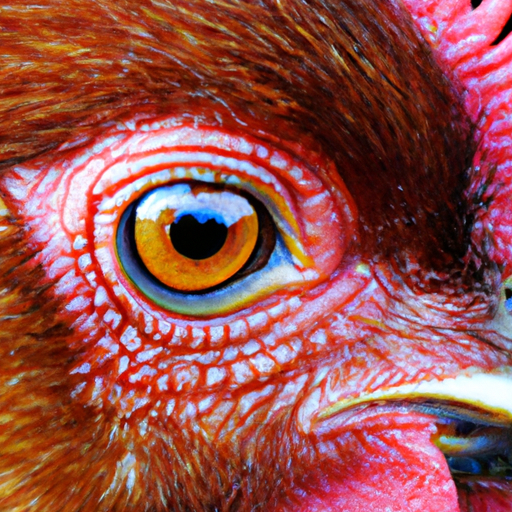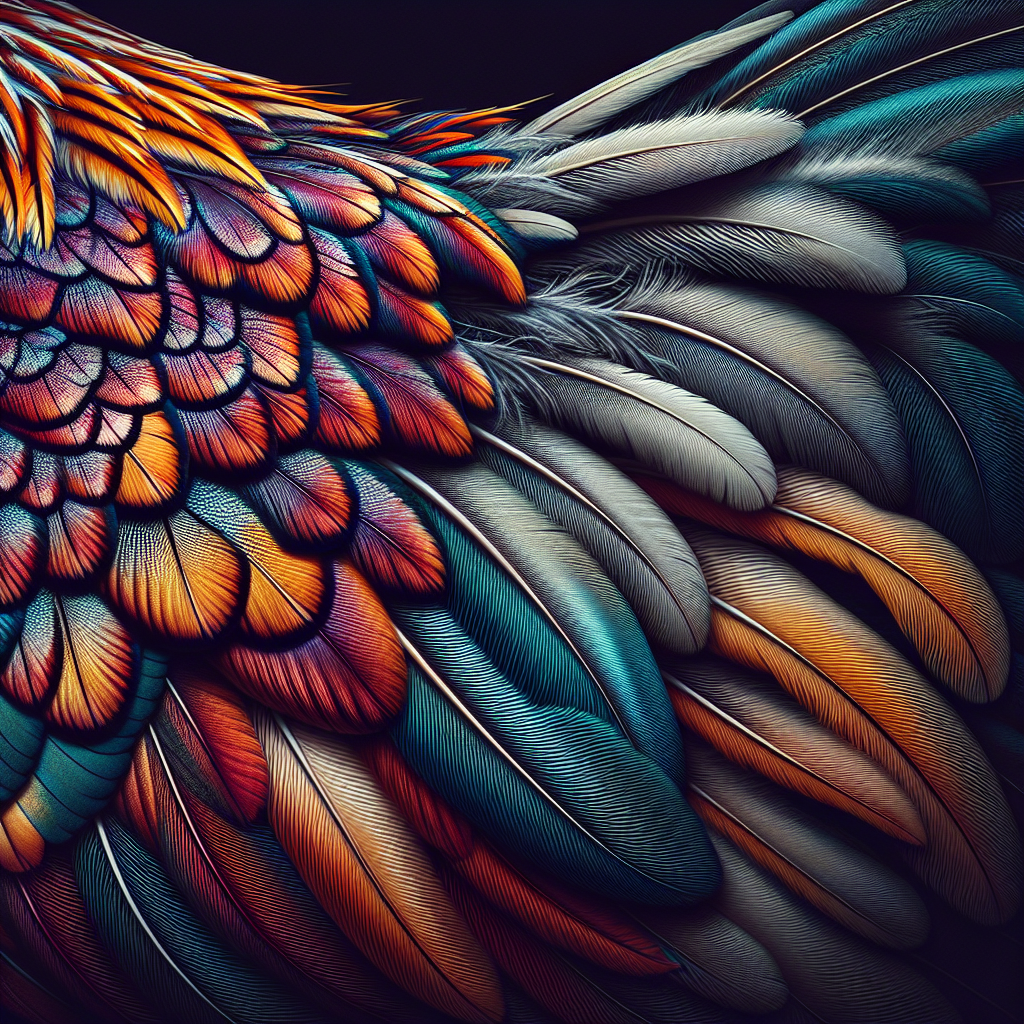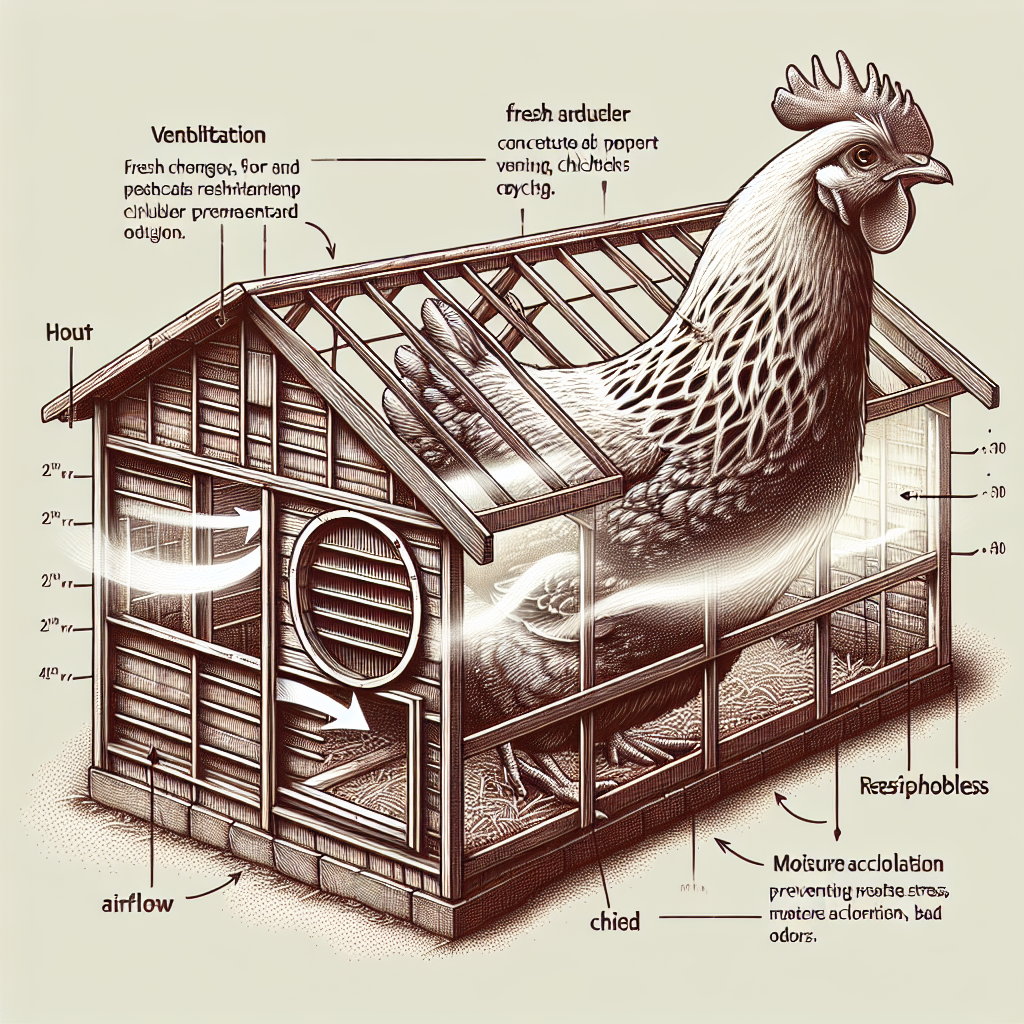If you’re thinking of raising backyard chickens, it’s natural to have concerns about their health and well-being. After all, keeping these feathered friends happy is key to getting fresh eggs and enjoying their charming company. One important aspect to consider is whether there are any recommended vaccinations for backyard chickens. In this article, we’ll explore the topic to ensure you have the information you need to keep your flock healthy and thriving. So, let’s dive in! Yes, there are recommended vaccinations for backyard chickens! Vaccinating your flock can provide a range of benefits, including preventing diseases and ensuring the overall health and well-being of your chickens. In this article, we will explore the common vaccinations available for backyard chickens, their importance, and the vaccination schedules and administration methods for each.
Benefits of Vaccinating Backyard Chickens
Vaccinating your backyard chickens comes with numerous benefits. Firstly, it helps prevent the outbreak and spread of various infectious diseases among your flock. Diseases such as Marek’s Disease, Newcastle Disease, Avian Influenza, and others can have devastating effects on poultry, causing high mortality rates and economic losses. By vaccinating your chickens, you can significantly reduce the risk of such diseases and protect the overall health and vitality of your flock.
Additionally, vaccinating your chickens can also help protect your family and other animals on your property. Some poultry diseases, like Salmonella, can potentially spread to humans and other animals, leading to health complications. By vaccinating your chickens against these diseases, you create a safer environment for everyone involved.
Common Vaccinations for Backyard Chickens
There are several common vaccinations available for backyard chickens. Each vaccine targets a specific disease or infection and plays a crucial role in maintaining the health of your flock. Let’s explore each of these vaccinations in detail:
1. Marek’s Disease Vaccine
What is Marek’s Disease?
Marek’s Disease is a highly contagious viral disease that affects chickens. It can cause paralysis, tumor formation, and ultimately, death. The virus is particularly resilient and can survive for an extended period both inside and outside the chicken’s body. Vaccination is the most effective method for preventing the spread of Marek’s Disease among your flock.
Vaccination Schedule
The Marek’s Disease vaccine is typically administered to chicks via subcutaneous injection on the back of the neck or in the wing web. It is recommended to vaccinate chicks within the first 24 hours of their lives, as that is when they are most susceptible to the disease.
Administration Method
To administer the Marek’s Disease vaccine, you can either do it yourself if you have experience or consult a veterinarian. If you choose to do it yourself, ensure that you follow proper hygiene protocols, use sterile equipment, and handle the vaccine with care to prevent contamination. It is crucial to adhere to the recommended dosage and administration guidelines provided by the vaccine manufacturer.
2. Newcastle Disease Vaccine
What is Newcastle Disease?
Newcastle Disease is a highly contagious viral disease that affects both domestic and wild birds. It can cause respiratory distress, nervous system issues, and high mortality rates in infected chickens. Vaccination is essential to prevent the spread of Newcastle Disease and protect the overall health of your backyard flock.
Vaccination Schedule
The Newcastle Disease vaccine can be administered via eye drop, drinking water, or intranasal spray, depending on the vaccine formulation. The vaccination schedule typically involves administering the vaccine to day-old chicks, followed by booster doses at different intervals. Consult the vaccine manufacturer or a veterinarian for specific guidance on the appropriate vaccination schedule for your flock.
Administration Method
The administration method for the Newcastle Disease vaccine depends on the vaccine formulation you choose. Eye drops and intranasal sprays allow direct application, while administering the vaccine through drinking water requires mixing the vaccine with the appropriate dosage. Follow the instructions provided by the vaccine manufacturer to ensure proper administration and effectiveness.
3. Avian Influenza Vaccine
What is Avian Influenza?
Avian Influenza, commonly known as bird flu, is a viral disease that primarily affects birds, including chickens. It can cause respiratory issues, decrease egg production, and even lead to death in severe cases. Vaccination against Avian Influenza is essential to prevent the spread of the disease and protect the health of your flock.
Vaccination Schedule
The Avian Influenza vaccine is typically administered to day-old chicks or pullets. The vaccine can be given via drinking water, spray, or eye drop application, depending on the vaccine formulation and manufacturer recommendations. It is important to consult the vaccine manufacturer or a veterinarian for specific guidance on the appropriate vaccination schedule and dosage for your flock.
Administration Method
The administration method for the Avian Influenza vaccine depends on the vaccine formulation and guidelines provided by the manufacturer. Whether it is through drinking water, spray, or eye drops, it is crucial to ensure that the vaccine is administered correctly and reaches the birds effectively. Follow the instructions provided by the manufacturer to achieve optimal results.
4. Infectious Bronchitis Vaccine
What is Infectious Bronchitis?
Infectious Bronchitis is a highly contagious respiratory disease that affects chickens. It can cause coughing, sneezing, nasal discharge, and a decrease in egg production. Vaccination is crucial for preventing the spread of Infectious Bronchitis and minimizing its impact on your flock’s health and productivity.
Vaccination Schedule
The Infectious Bronchitis vaccine is typically administered via eye drop, intranasal spray, or drinking water, depending on the vaccine formulation. The vaccination schedule may vary based on the vaccine manufacturer’s guidelines, flock age, and disease prevalence in your region. Consult a veterinarian or the vaccine manufacturer for specific guidance on the appropriate vaccination schedule for your flock.
Administration Method
The administration method for the Infectious Bronchitis vaccine depends on the vaccine formulation you choose. Whether through eye drops, intranasal sprays, or drinking water, it is crucial to follow the instructions provided by the vaccine manufacturer. Ensure that the vaccine is administered correctly and reaches all the birds in your flock for optimal effectiveness.
5. Fowl Pox Vaccine
What is Fowl Pox?
Fowl Pox is a viral disease that primarily affects chickens. It causes various skin lesions, respiratory issues, and a decrease in egg production. Vaccination is essential for preventing the spread of Fowl Pox and protecting the health and well-being of your chickens.
Vaccination Schedule
The Fowl Pox vaccine is typically administered to day-old chicks or pullets via wing web stab. The vaccination schedule may vary based on the vaccine manufacturer’s recommendations and disease prevalence in your region. Consult a veterinarian or the vaccine manufacturer for specific guidance on the appropriate vaccination schedule and dosage for your flock.
Administration Method
To administer the Fowl Pox vaccine, gently hold the chick and make a small puncture in the wing web area using a sterile needle or vaccination device. Apply the vaccine drop to the puncture site and allow it to be absorbed. It is crucial to ensure proper hygiene and sanitation during the vaccination process to minimize the risk of contaminants.
6. Infectious Bursal Disease Vaccine
What is Infectious Bursal Disease?
Infectious Bursal Disease (IBD), also known as Gumboro disease, is a highly contagious viral disease that affects young chickens. It primarily attacks the immune system, leading to immunosuppression, increased susceptibility to other diseases, and high mortality rates. Vaccination is critical for preventing the spread of IBD and promoting the health and immunity of your flock.
Vaccination Schedule
The Infectious Bursal Disease vaccine is typically administered to day-old chicks or pullets via drinking water or eye drop application, depending on the vaccine formulation. The vaccination schedule may vary based on the vaccine manufacturer’s recommendations and the disease prevalence in your region. Consult a veterinarian or the vaccine manufacturer for specific guidance on the appropriate vaccination schedule and dosage for your flock.
Administration Method
The administration method for the Infectious Bursal Disease vaccine depends on the vaccine formulation and guidelines provided by the manufacturer. Whether it is through drinking water or eye drops, it is crucial to follow the instructions provided by the manufacturer. Ensure that the vaccine is administered correctly and reaches all the birds in your flock for optimal effectiveness.
7. Coccidiosis Vaccine
What is Coccidiosis?
Coccidiosis is a parasitic disease that affects the intestinal tract of chickens and other poultry. It can cause diarrhea, weight loss, decreased growth, and even death in severe cases. Vaccination against Coccidiosis is essential to prevent the spread of the disease and minimize its impact on your flock’s health and productivity.
Vaccination Schedule
The Coccidiosis vaccine is typically administered to day-old chicks or pullets via drinking water or feed, depending on the vaccine formulation. The vaccination schedule and dosage may vary based on the vaccine manufacturer’s recommendations, the specific species of Eimeria causing the disease, and the disease prevalence in your region. Consult a veterinarian or the vaccine manufacturer for specific guidance on the appropriate vaccination schedule and dosage for your flock.
Administration Method
The administration method for the Coccidiosis vaccine depends on the vaccine formulation and guidelines provided by the manufacturer. Whether it is through drinking water or feed, it is crucial to follow the instructions provided by the manufacturer. Ensure that the vaccine is administered correctly and reaches all the birds in your flock for optimal effectiveness.
8. Salmonella Vaccine
What is Salmonella?
Salmonella is a bacterial infection that can affect chickens and other animals. It can cause diarrhea, fever, abdominal pain, and in severe cases, can lead to serious health complications, including potentially spreading to humans. Vaccination against Salmonella is essential to prevent the spread of the infection and protect the health of both your flock and your family.
Vaccination Schedule
The Salmonella vaccine is typically administered via drinking water or subcutaneous injection, depending on the vaccine formulation. The vaccination schedule may vary based on the vaccine manufacturer’s recommendations, the strain of Salmonella prevalent in your area, and specific flock considerations. Consult a veterinarian or the vaccine manufacturer for specific guidance on the appropriate vaccination schedule and dosage for your flock.
Administration Method
The administration method for the Salmonella vaccine depends on the vaccine formulation and guidelines provided by the manufacturer. Whether administered through drinking water or subcutaneous injection, it is crucial to adhere to the instructions provided by the manufacturer. Ensure that the vaccine is administered correctly and follows proper hygiene protocols to maximize its effectiveness.
In conclusion, vaccinating your backyard chickens is vital for their health, well-being, and overall productivity. With various diseases and infections posing a threat to poultry, it is essential to protect your flock by following recommended vaccination schedules and administration methods. Consult a veterinarian or the vaccine manufacturer for specific guidance tailored to your flock’s needs. By taking proactive measures and vaccinating your backyard chickens, you can create a safer and healthier environment for both your chickens and your family.




